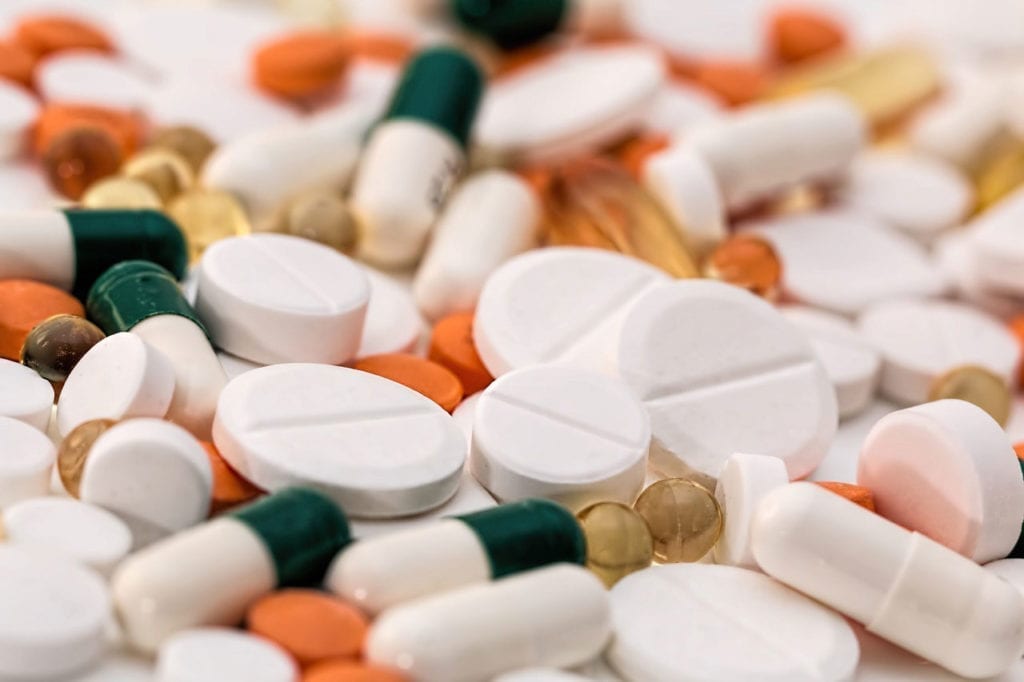Just last month, the FDA approved MYCAPSSA for patients with acromegaly who have previously been treated with octreotide or lanreotide. As the first FDA-approved oral somatostatin analog, developer Chiasma was thrilled with these results. Recently, Chiasma announced new data on MYCAPSSA. This stems from an open-label extension trial (CHIASMA OPTIMAL) which aimed to understand the drug’s safety and efficacy.
Acromegaly
Acromegaly is a hormonal disorder in which the pituitary gland produces too much growth hormone (GH). As a result, patients experience abnormal bodily growth. This is not to be confused with gigantism, which occurs specifically in children. Rather, acromegaly generally impacts middle-aged adults.
Symptoms include:
- Enlarged hands and feet
- Headaches
- Tongue, lips, nose, organ, and vocal cord enlargement
- Joint pain
- Excessive sweatiness
- Oily skin
- Menstrual abnormalities or erectile dysfunction
- Loss of sexual desire
- Fatigue
- Vision impairment
Learn more about acromegaly here.
MYCAPSSA Extension Study
The open-label extension (OLE) study builds upon data from the Phase 3 CHIASMA OPTIMAL trial. This 9-month trial explored the impact of orally-administered octreotide on 56 patients with acromegaly. Prior to CHIASMA OPTIMAL, patients used injectable octreotide or lanreotide to control IGF-1 levels. IGF-1 is a byproduct of GH. Patients received either 40-80mg MYCAPSSA or a placebo daily. CHIASMA OPTIMAL reached all primary and secondary endpoints for the trial.
OLE Study
Although the OLE study is still occurring, researchers recently released safety, efficacy, and tolerability data collected over the last 48 weeks (11 months).
MYCAPSSA is designed to reduce the burden of patients with acromegaly, as well as improve patient outcomes. Prior to MYCAPSSA, which is administered orally, some past treatments for acromegaly required injections. These typically require patients to visit doctors or care centers, taking time out of their day. As an oral therapy, MYCAPSSA provides patients with benefits without the added time burden.
Study findings include:
- MYCAPSSA controlled IGF-1 levels for all patients treated during CHIASMA OPTIMAL who continued onto the OLE study.
- 93% of patients who enrolled into the OLE study as MYCAPSSA respondents maintained their response throughout the 11 months.
- Safety and tolerability were similar to the CHIASMA OPTIMAL trial
MYCAPSSA Safety Information
The most common side effects associated with MYCAPSSA are:
- Increased blood glucose levels
- Nausea, vomiting, and diarrhea
- Indigestion
- Headaches
- Abdominal and joint pain
- Weakness and fatigue
- Sinus infections
- Swelling of your hands and legs
- Osteoarthritis
- Excessive sweating
However, in more serious cases, this treatment can cause issues with the gallbladder, heart, blood sugar, and thyroid. If any of these occur, patients should seek treatment immediately.
If you are taking MYCAPSSA and want to report an adverse reaction, you may contact:
- The FDA
- 1-800-FDA-1088
- MedWatch
- Product Information Department
- 1-844-312-2462






